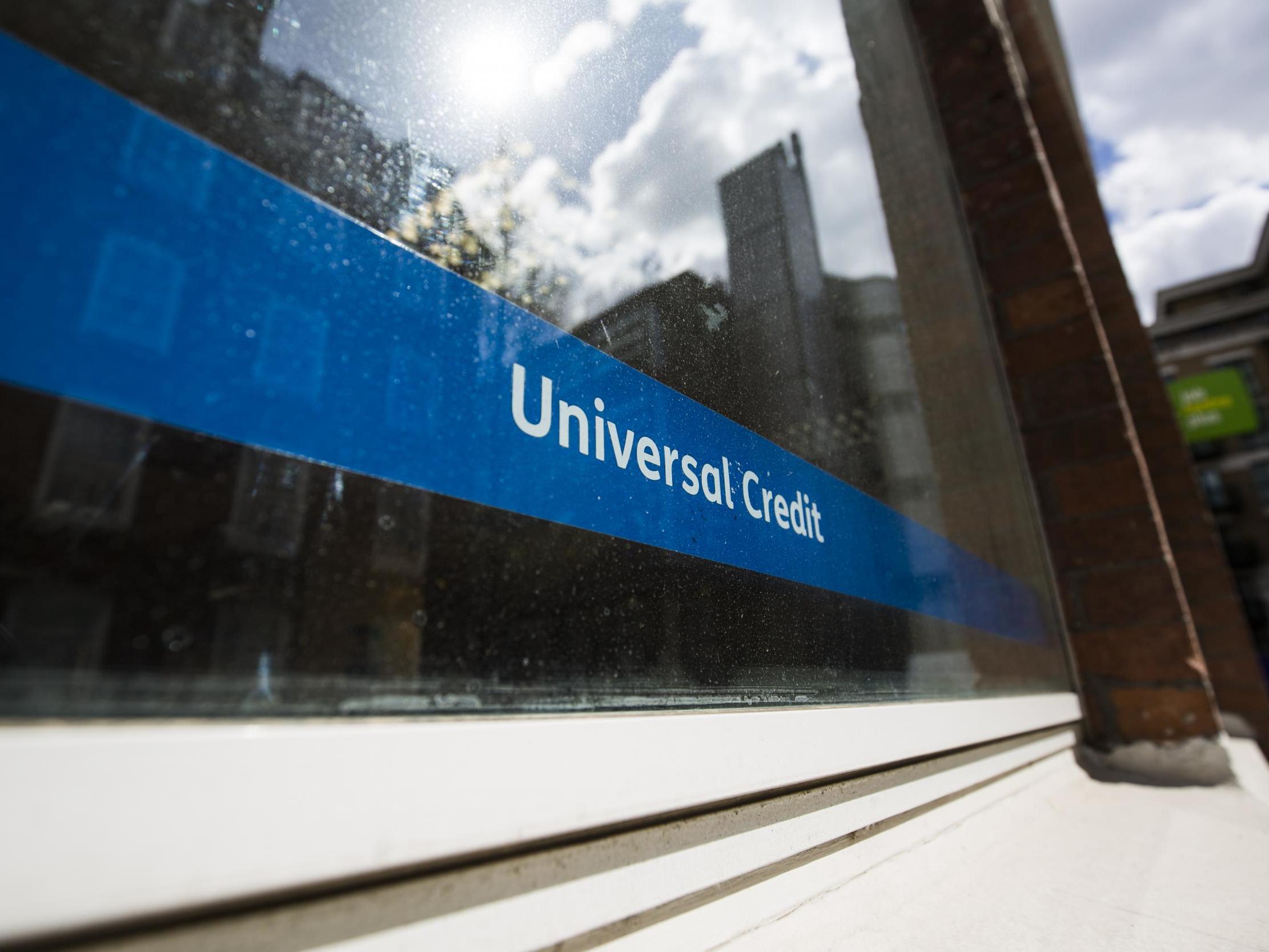Government will not appeal court ruling over ‘irrational’ universal credit rules impacting thousands of working families
Labour accuses government of wasting public funds on lengthy court case

The government will not appeal a court ruling which found that “irrational” universal credit rules were causing “considerable hardship” for tens of thousands of working families.
The Court of Appeal found on Monday that the problem may have affected as many as 85,000 people who suffered large changes to their monthly income when the system wrongly recorded them as being paid twice in a month because their regular payday fell on a weekend or bank holiday.
Lady Justice Rose said that the work and pensions secretary’s refusal to find a solution to the problem was “so irrational that … no reasonable secretary of state would have struck the balance in that way”.
Work and pensions minister Will Quince today told the House of Commons that the government would not appeal the decision and will now “assess remedial options” to deal with the issue.
But he insisted: “Universal credit is working and it’s working well.”
Mr Quince said the department was aware of only 1,000 claimants who had disputed their earnings as a result of the glitch in the system, and insisted that many people affected would suffer no financial loss in the long term as their payment would be increased the following month to balance out the reduction.
However, the court found in favour of four working mothers who said that they had fallen into debt or been forced to rely on food banks because of fluctuations in their income. The judges heard that problem also reduced their work allowance, meaning they received less money than they would otherwise be entitled to. One school dinner lady told them she had lost as much as £500 a year.
After Mr Quince appeared on behalf of work and pensions secretary Therese Coffey to answer an urgent question in parliament on the case, the chair of the Commons Work and Pensions Committee, Stephen Timms, told him that the government should not have wasted taxpayers’ money appealing a High Court ruling against the DWP in January 2019.
“I’m very grateful the minister has accepted the inevitable and isn’t going to be paying out for even more expensive lawyers to appeal this case,” said Mr Timms.
“Surely the department should have given up this fight last year, not waited until the appeal court reached this conclusion.”
Shadow work and pensions secretary Jonathan Reynolds said there was “an overwhelming need to recognise the lived experiences of people who are actually in receipt of universal credit”.
Mr Reynolds demanded to know how much public money had been spent on the case.
He told MPs: “This government is irrational and it is unlawful – they are not my words, but those of Lady Justice Rose who delivered the verdict in this week’s Court of Appeal decision against the Department for Work and Pensions.
“There is really only one question to ask which is: ‘What on earth were ministers doing fighting this case for so many years only to be told by the Court of Appeal something which seems to most people a matter of basic common sense?’”
Subscribe to Independent Premium to bookmark this article
Want to bookmark your favourite articles and stories to read or reference later? Start your Independent Premium subscription today.

Join our commenting forum
Join thought-provoking conversations, follow other Independent readers and see their replies